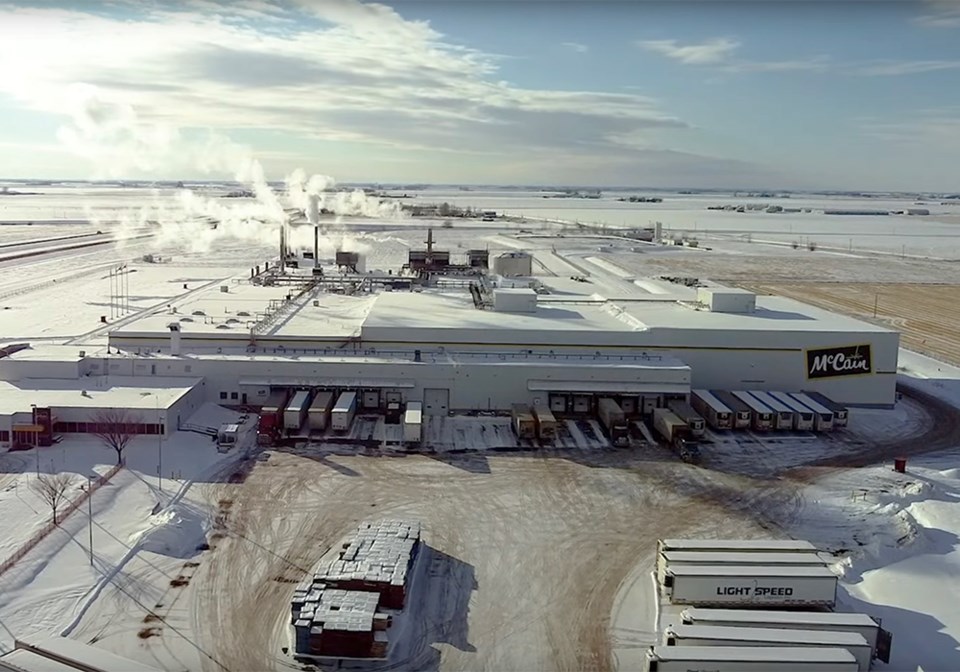Higher lease rates for Lethbridge industrial space will be the outcome of higher construction costs as the southern Alberta city scrambles to keep up with demand.
A new report Avison Young released in early April said inflation and supply-chain issues have slowed the pace of local industrial development. Space under construction totals 126,000 square feet in a market with 10.1 million square feet, according to Avison Young.
This has limited the flow of new product to market, increasing competition for a diminishing supply of available space. The local industrial vacancy rate sits at 3.9 per cent, much of it older and obsolete.
Avison Young forecasts that when new space does make it to market, it will command rates in the range of $12.50 to $13,50 per square foot, a significant premium to existing rents. The average asking rate in Lethbridge climbed 4 per cent last year to $9.03 per square foot, Avison Young reported.
“Rent increases may challenge tenants initially, but overall, a rental correction will both contribute to the health and increase investment capital to rebalance the local market,” said Josh Marti, a principal with Avison Young in Lethbridge.
Higher lease rates will mean greater cash flows to owners and encouragement to investors, who have been in a holding pattern since mid-2022, as the impact from last year’s dramatic interest rate hikes slowed decision-making.
Traditionally a build-to-suit market, Marti said speculative construction has been rare because developers couldn’t count on the demand or the rates needed justify construction. This is different from smaller markets that had exposure to the oil and gas sectors.
“Medicine Hat or Red Deer or Grande Prairie, even though they’re secondary and tertiary markets as well, they had exposure to the oil and gas where you pay $12, $15 a square foot,” he said. “Lethbridge has never seen those sorts of rates.”
With a growing population and major players such as McCain Foods Ltd., Cavendish Farms Inc. and PIP International Inc. building or expanding processing plants in the community, Avison Young feels the landscape is shifting.
The big agri-food ventures anchor the market in a way that supports ancillary uses and further space requirements. With 2,400 acres of industrial land within the boundaries of Lethbridge and 934 acres available for development, the city is positioned well for growth.
“Lethbridge has the fundamentals in place to offer the supply needed to meet the pent-up demand,” Marti said. “This could potentially pave the way for a surge of growth for our region if the local market is willing to keep pace with our neighbouring markets.”
This is where the lack of spec construction is a concern. While the withdrawal of oil and gas players a few years ago gave other markets the large-format space distributors were looking for, Lethbridge had nothing to offer.
“To not have spec space built has really shot us in the foot, because the demand is there,” he said. “We’ve got a couple of out-of-market players that say, ‘Hey, you’re an incredible market, we want to be in your market but we want to be up and running within six months – what can you deliver?’”
With provincial funding of $11.2 million in partnership with Prairies Economic Development Canada supporting 18 projects in Lethbridge and area, Marti says the future looks bright.
“We’re starting to see a lot of interest from outside our market, interest that we’ve never seen before,” he said. “We’re kind of at that inflection point where we’re ready to go.”



